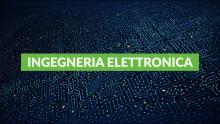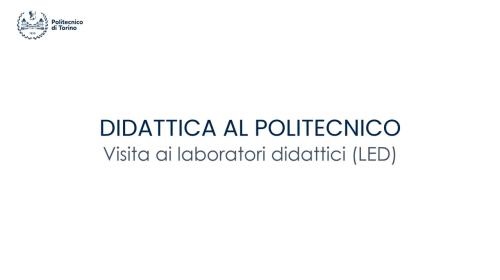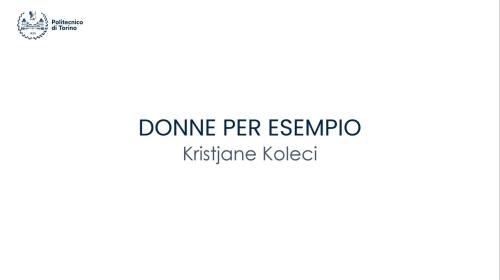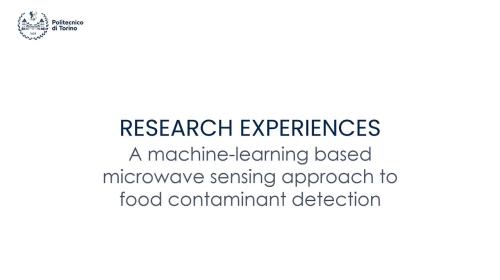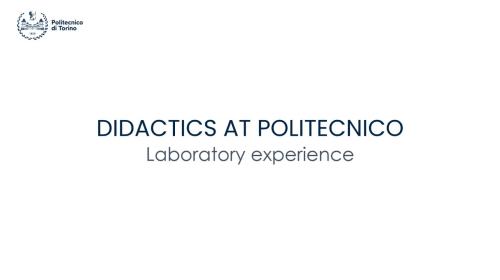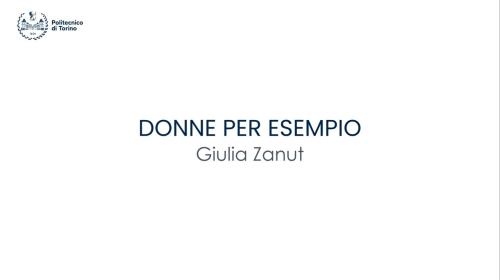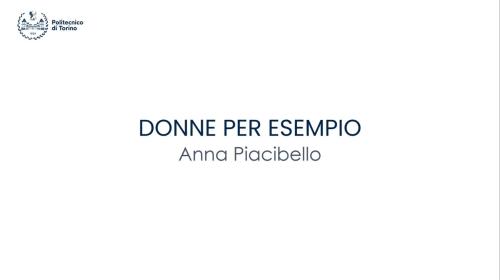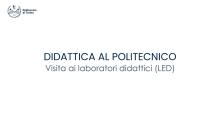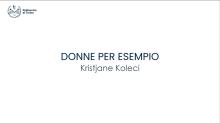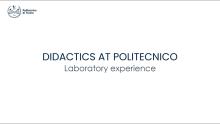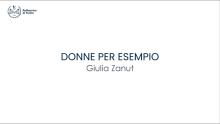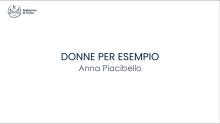Programme overview
Electronics is the basis of modern society and of the majority of common products and services, from smartphones to electromedical instruments
You will become an electronic engineer, a highly trained professional, flexible and qualified to address technical problems in the short term. You will receive a broad education, aimed at understanding and implementing innovation in several areas: design, engineering, production, operation and maintenance of electronic systems, governance and management of laboratories and production lines, even above the electronic manufacturing sector (promotional activities, sale, technical assistance).
Due to a joint double degree with China, you can plan a study period at Tongji University in Shanghai during your Bachelor’s studies.
Moreover, you will have the chance to join a double degree Master’s programme with the United States (Chicago, special project TOP-UIC), France (Paris/Nice, Eurecom-Paristech) and Argentina (Cordoba). You will also be able to take part in a mobilty programme at other international universities.
Apply here!
Stay updated on research and our study programs via Instagram.
Interested in our Open Days for Bachelor's orientation? Check out the program!
If you want, explore related programs within the ETF college (Electronics, Telecommunications, and Physics) offer.
-
Degree:
Bachelor's degree -
Academic Year:
2026/2027 -
Language:
Italian -
Admissions:
Capped number of students, mandatory admission test -
Academic advisor:
-
Degree code:
L-8 R: INFORMATION TECHNOLOGY ENGINEERING -
Department:
-
Collegio:
-
Campus:
Main Campus
International Experiences & Students Teams
Thanks to the Politong Project you can choose to attend part of the courses abroad and earn a double degree at Tongji University in Shanghai (China).
Avrai le porte aperte per entrare sia nei programmi di doppia laurea magistrale con gli Stati Uniti (Chicago, progetto speciale TOP-UIC), la Francia (Parigi/Nizza, Eurecom-Paristech), e con l’università di Cordoba in Argentina; sia nei programmi di mobilità con numerose università internazionali.
During Year 3, you can also do a company internship.
Potrai entrare a far parte di speciali Team per l'ideazione e la realizzazione di un progetto, per accrescere le tue competenze culturali, tecniche e manageriali, ma che sarà anche un eccezionale strumento di aggregazione studentesca e sociale.
Testimonial


All about orientation opportunities and admission
If you are looking for which degree programme reflects your interests and potential, find all the opportunities to guide you towards the best choice.
If you have decided to study at PoliTO, find all the steps you need to be admitted.
Titolo
Contacts, social media and reports
Students services
For Offices access and opening times visit the dedicated webpage.
Social & messaging
Join our Telegram channel and follow us on Instagram! Stay updated on the latest news about the scientific and educational activities of the Department of Electronics and Telecommunications and our study programs.
Online ticketing
- Students and graduates from Politecnico di Torino (with username and password)
- Log in for users registered to Apply@polito (with username and password)
- Guest users – FAQs and tickets (registration not required)
